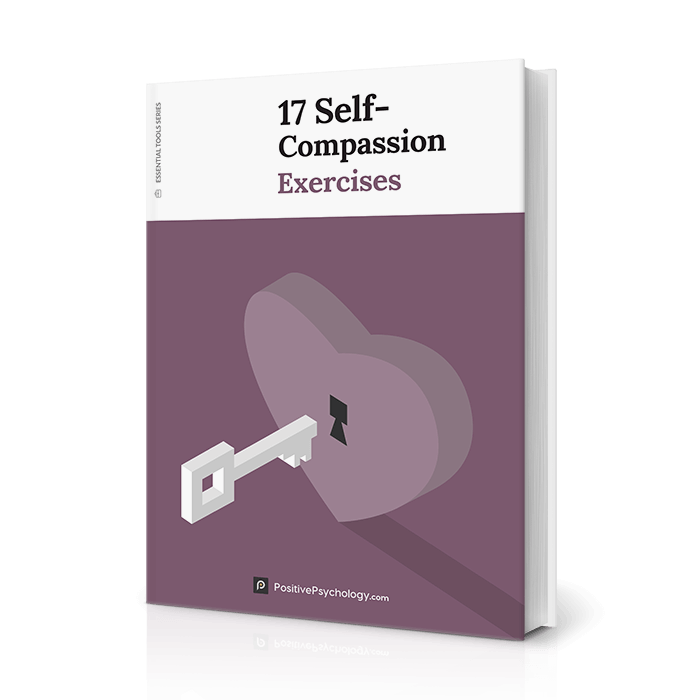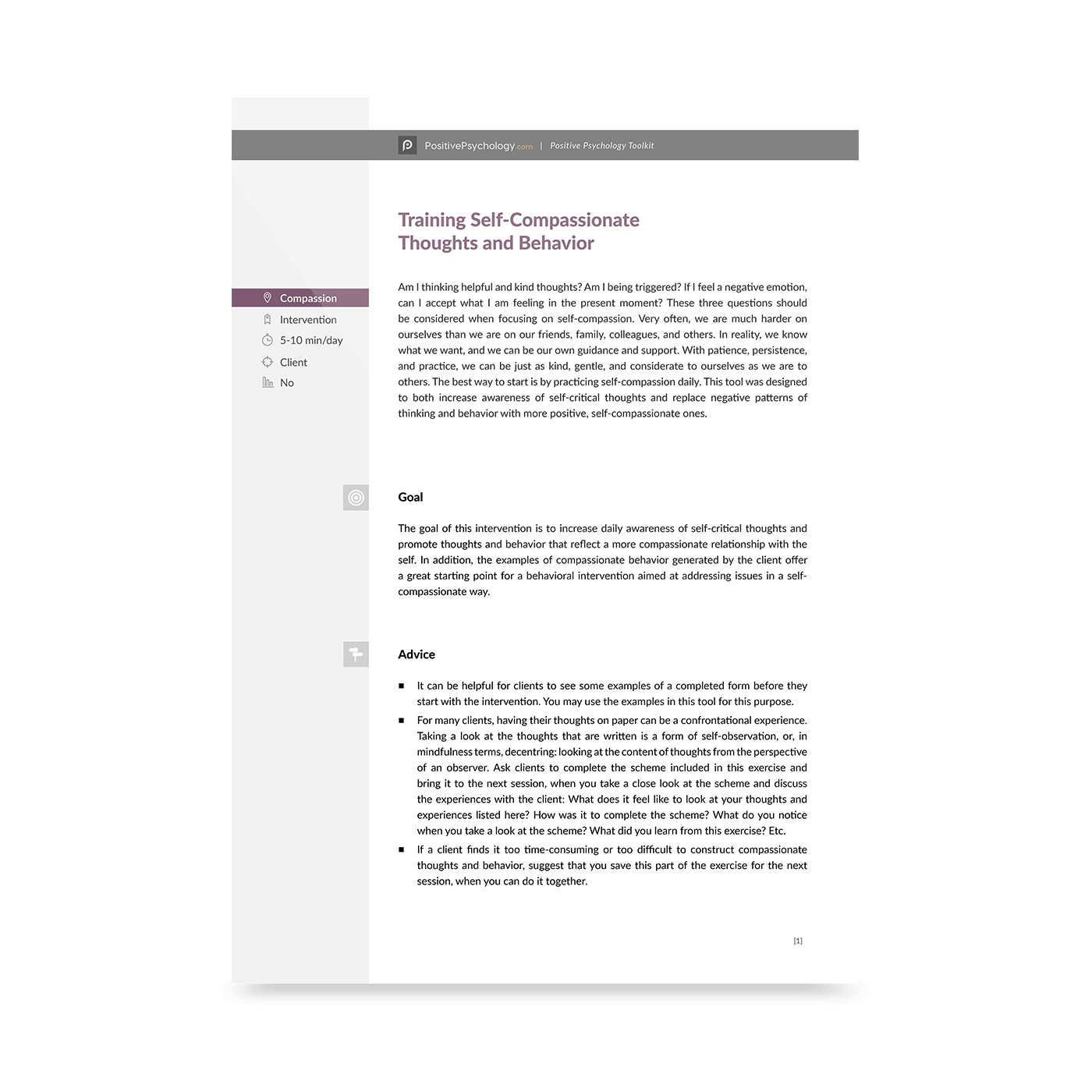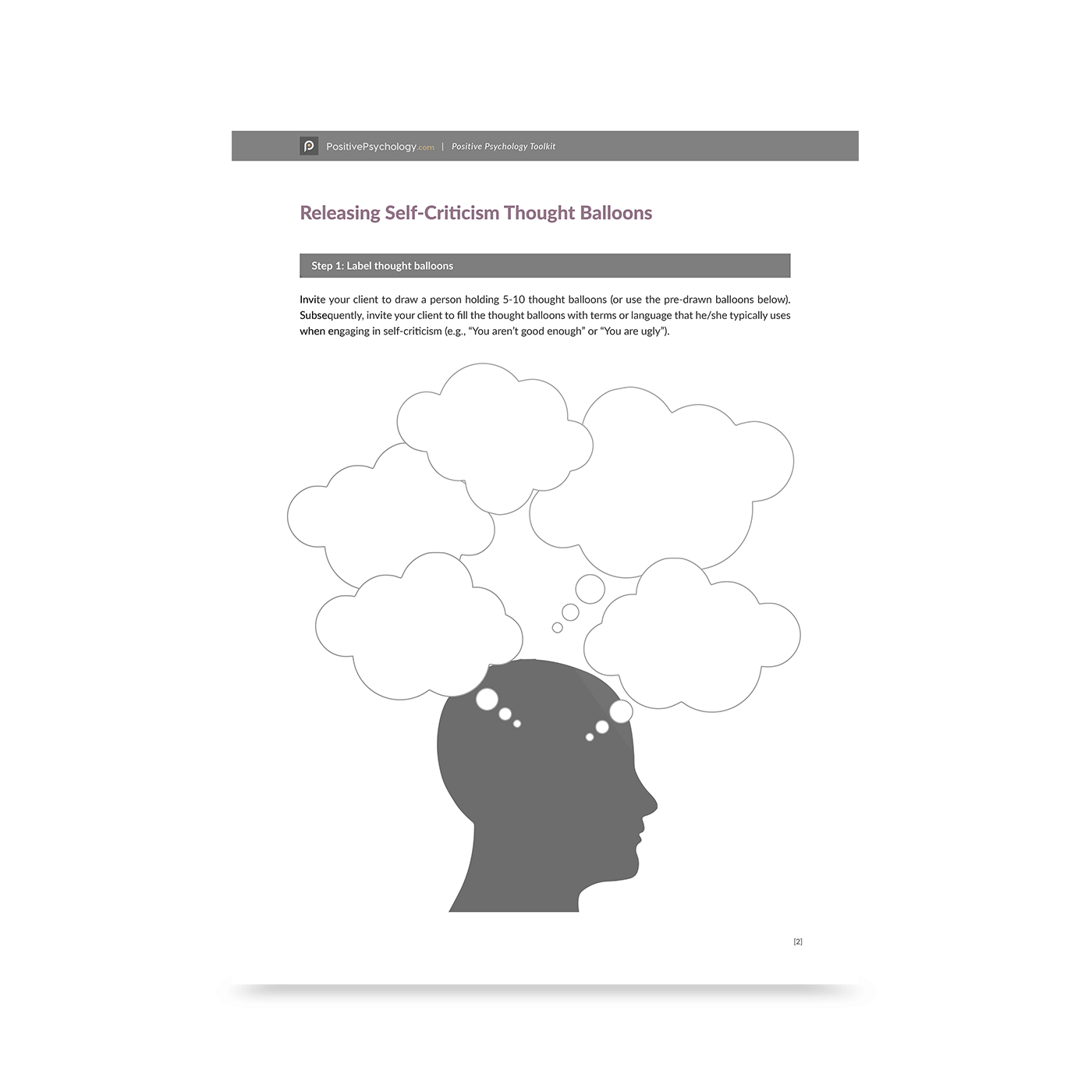You will be equipped with the following tools:
-
Befriending Your Inner Critic
Identify your own unique internal Judger voice, and to work with it, instead of engaging in the battle.
-
Common Humanity Jars
Provide participants with an experiential demonstration of common humanity, one of the three elements of self-compassion.
-
Compassion-based Motivation
Offers a new perspective on self-motivation that is characterized by more compassion and support.
-
Compassionate Chair Work
Access disparate facets of the self, in order to understand how they work together, conflict, and how they feel in when experienced in the present.
-
Embracing Your Humanness
Demonstrate to people that they are not alone in their tendency to be self-critical.
-
How Would You Treat a Friend
Help clients to practice cultivating self-compassion by highlighting the discrepancy between how one treats oneself versus how one treats a friend.
-
Loving Kindness Meditation
Cultivate compassion to ourselves and others using four "healing" elements.
-
Reframing Critical Self-Talk
Increase the client’s awareness of inner criticism and promote a more self-compassionate stance towards the self.
-
Releasing Self-criticism thought balloons
Help disrupt automatic thought patterns by making clients aware of self-critical thoughts and release them.
-
S.A.F.E. Self-Compassion Practice
Provide an analogy for the process through which positive interventions aim to increase authenticity.
-
Self-Acceptance Meditation
Help clients familiarize themselves with self-acceptance, reflect on the self’s inability to unconditionally accept the self, and set an intention to become more self-accepting.
-
Self-Care Vision Board
Help clients increase self-care and self-compassion in a creative way.
-
Self-compassion Break
Provide clients with a simple, memorable way to cultivate self- compassion when they need it the most.
-
Self-compassion Pause
Create a more self-compassionate attitude and reaction in difficult times.
-
Taking Care of Myself
Make your client aware of the various ways he/she already is involved in self-compassionate actions.
-
Training Self-compassionate Thoughts and Behaviour
Increase daily awareness of self-critical thoughts and promote thoughts and behaviour that reflect a more compassionate relationship with the self.
-
Visualising a Compassionate Self
Help clients relate to what it feels like to be self-compassionate and live more in line with this notion.



























Dr. Donna Lee –
I use self-compassion exercises to help me to work more effectively with my clients. It’s a great set of tools. I have bought several PositivePsychology.com products and I appreciate all of them.
Joaquim Maciel Vieira –
It’s a very powerful tool to help people who deal with guilt and shame. Thanks for sharing.
Mark T. Johnson –
I love using these to work with teams that are experiencing difficulties. It moves the conversation from “them” to “me” and works on compassion and capability rather than fixing. The additional resources are great too!